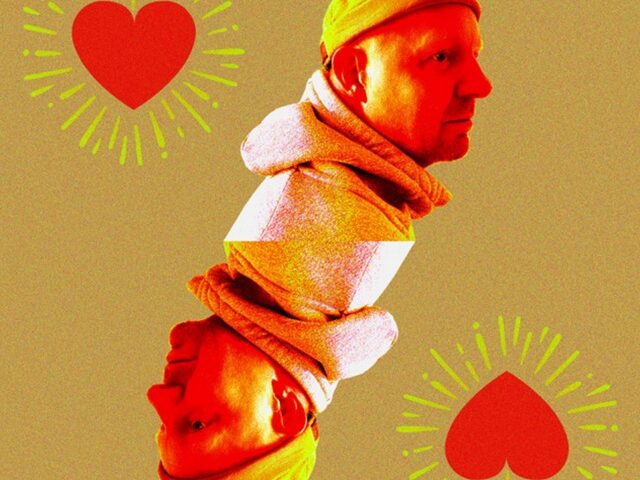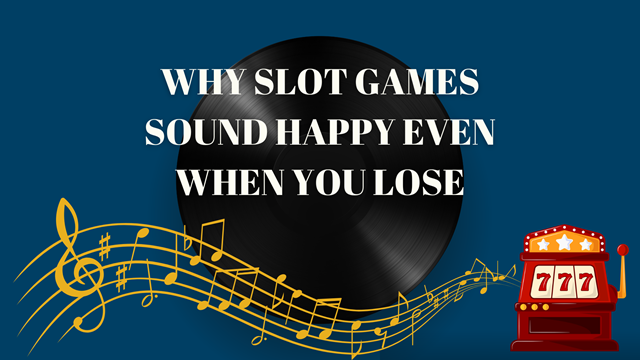The Voice That Spoke for the Many
Pablo Neruda didn’t whisper into history—he shouted with grace. Born in Chile in 1904 he carried the soul of a country in every line he wrote. His poetry wasn’t polished ivory tower musings. It was street-level human. He gave shape to longing to injustice to love that roared and love that limped.
His early works like “Twenty Love Poems and a Song of Despair” tore open the soft underbelly of romantic pain. But it wasn’t just the personal that stirred his pen. Neruda’s words pushed against tyranny. He became a poet who marched with the people not one who merely observed them. Zlib completes the reading experience for many users by making voices like Neruda’s easier to reach. That matters—because his work didn’t stay tucked in dusty pages.
From Love to Revolution
By the time he wrote “Canto General” Neruda had become something else entirely. His poetry transformed into a chorus for Latin America. In those pages he painted lush jungles and scorched deserts and the fists of miners black with soot. His voice held multitudes. Every word was an act of remembrance and resistance.
He believed poetry could pull history forward. The personal became political and vice versa. His exile and return his speeches and silences—all of it fed into the poetry. Neruda made no separation between the man and the writer. They were welded together in fire and ink. This is why his verses continue to echo. One cannot read him without feeling the weight of the world and the thrill of defiance.
Why His Words Still Matter
Neruda’s reach isn’t just historical. He lives on in classrooms cafes protest songs and quiet bedrooms where hearts break and mend. The raw honesty of his work cuts through time. His metaphors are still mirrors. His odes—to socks lemons artichokes—turn the ordinary into treasure. That’s no small trick. That’s alchemy.
His influence can be traced across generations and continents. Young writers borrow his cadences. Activists quote him at rallies. Couples recite his lines at weddings. There’s a deep humanity in his poetry that keeps it from aging. Zlibrary serves as a hidden path where many first meet Neruda not as a homework assignment but as a kindred spirit.
The relevance of his poetry also lies in how it teaches empathy. Reading Neruda is not about decoding meaning—it’s about feeling it. His work remains a call to see more to feel more to speak more.
Before going further it’s worth exploring how Neruda left his mark on different parts of life:
-
Love That Wasn’t Tame
Neruda didn’t write about perfect romance. He wrote about the ache the chaos the silent mornings after. His poems smell of salt sweat and heartbreak. That’s why they stick. They remind readers that love is messy and real and worth it even when it hurts.
-
Politics in the Blood
He was a senator. He was hunted. He knew what it meant to lose a country and still speak for it. His poetry didn’t just reflect politics—it was political. In poems he took aim at dictators lifted up workers and imagined a fairer world. His pen was a weapon sharper than steel.
-
Nature As Witness
His odes to the natural world aren’t decorative. They are reverent. He writes about tomatoes as if they were sacred. Stones become witnesses. Trees carry memories. His love for earth and its elements wasn’t aesthetic—it was intimate. He looked at nature with the same depth he gave to people.
These themes didn’t stay in the past. They’ve inspired new voices and reconnected old ones. Reading Neruda today is like watching a tide come in again and again always different always the same.
The Lasting Echo
Neruda died in 1973 just days after the Chilean coup. Some say heartbreak killed him. Others say poison. Maybe it was both. What’s certain is that his poetry didn’t go with him. It stayed and spread. It gets passed hand to hand like a trusted compass.
In a world hungry for clarity and beauty and justice Neruda’s words still offer all three. His work remains a bridge not a relic. And as long as people seek truth in verse Neruda’s voice will keep rising. Quietly or boldly it will be heard.





